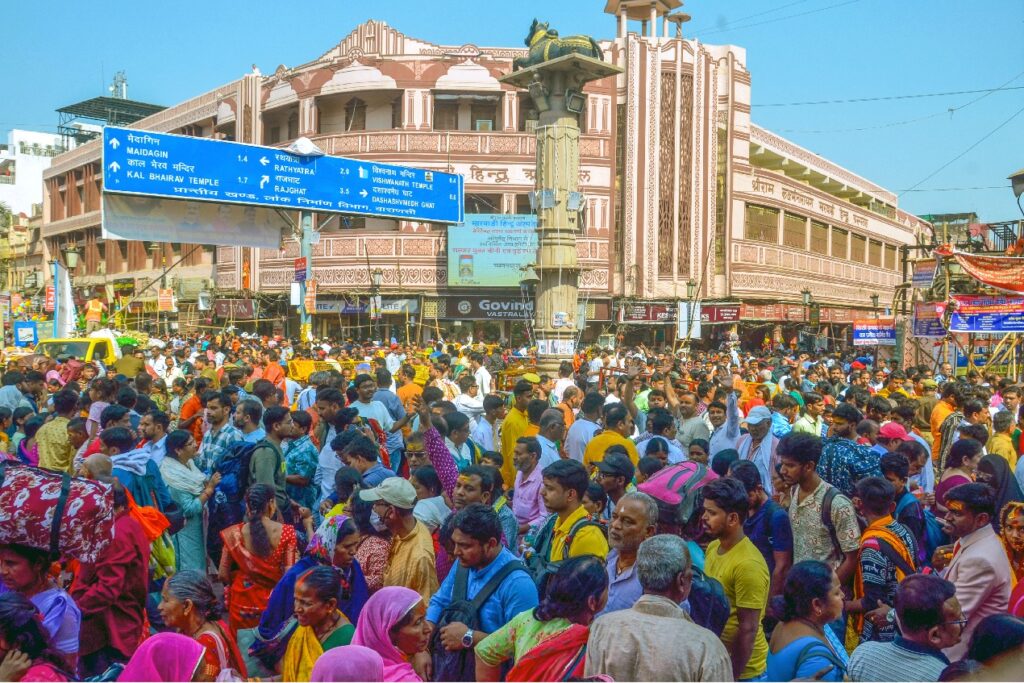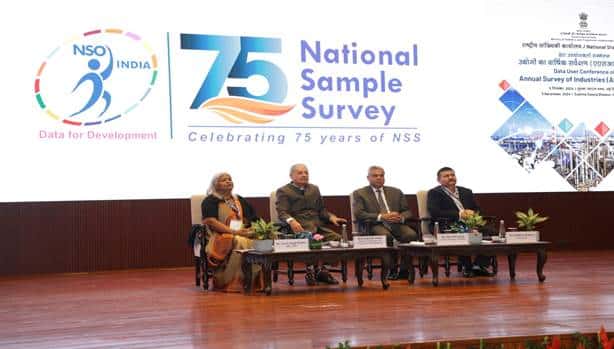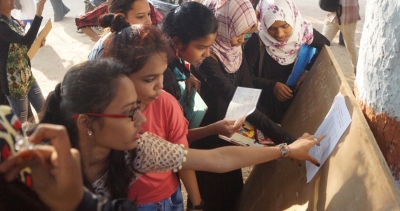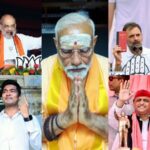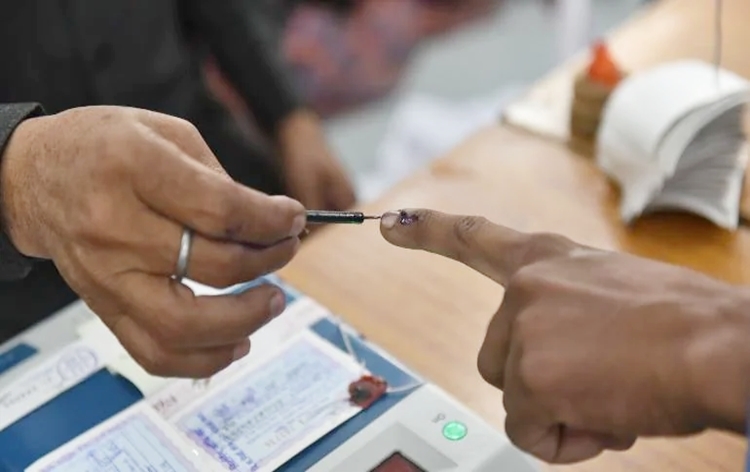Congress set to retain Rae Bareli seat; Rahul Gandhi leads by over 2 lakh votes
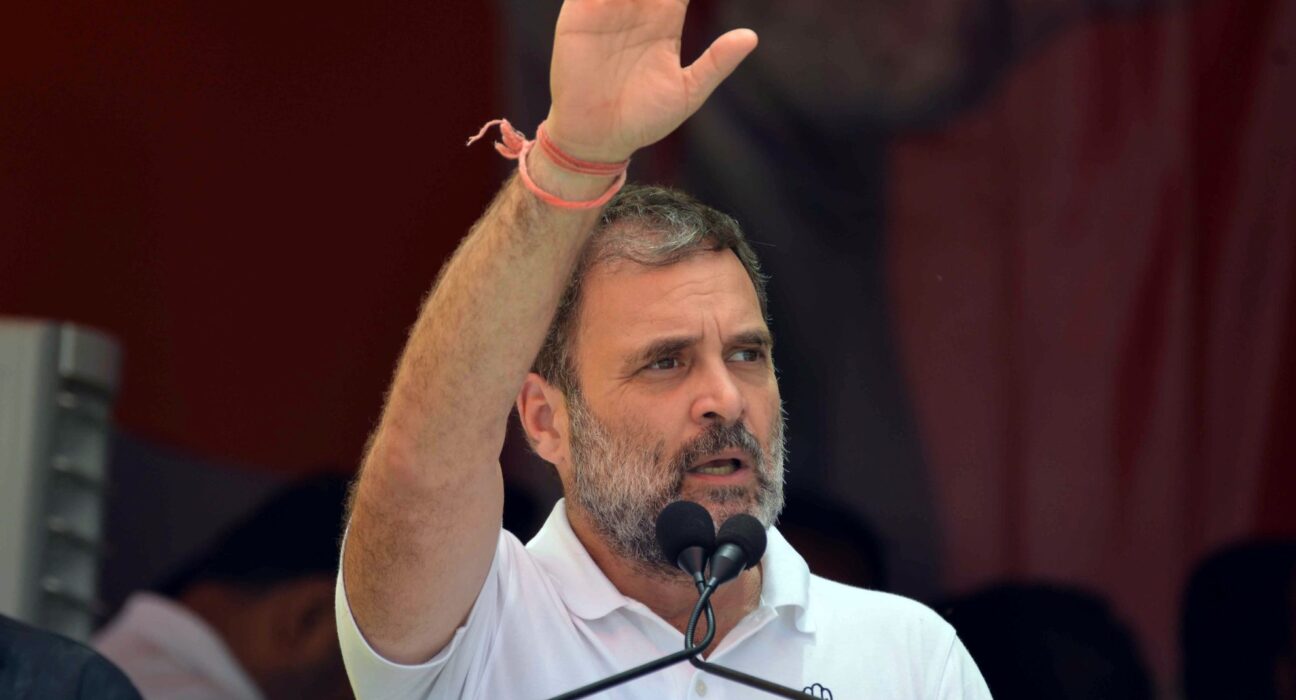
Congress leader Rahul Gandhi is leading with 283615 votes from Uttar Pradesh’s Rae Bareli Lok Sabha constituency and is set to retain the seat for the party. This victory cements the Gandhi family’s grip on a constituency that has been their stronghold for generations.
Rae Bareli, which went to the polls on May 20 during the fifth phase of India’s marathon seven-phase election, was one of the most closely watched contests. Its significance lies not just in its status as a high-profile seat but in its deep-rooted association with the Gandhi dynasty. Previously represented by Sonia Gandhi, who won here in 2019, the constituency this year saw Rahul Gandhi shifting his base from Amethi, which he had represented from 2004 to 2019.
Despite strong competition from the Bharatiya Janata Party’s (BJP) Dinesh Pratap Singh and the Bahujan Samaj Party’s (BSP) Thakur Prasad Yadav, Gandhi’s lead suggests that the family’s legacy in Rae Bareli remains intact. This victory is particularly noteworthy given Gandhi’s surprising defeat in Amethi in 2019, which had been a family bastion for decades.
But Gandhi’s electoral success isn’t limited to Uttar Pradesh. In Kerala’s Wayanad, he is also leading with a substantial margin of 334,535 votes over his nearest rivals, BJP’s K Surendran and Communist Party of India’s Annie Raja. This dual lead underscores Gandhi’s pan-Indian appeal, straddling both the Hindi heartland and South India.
Meanwhile, in the broader canvas of Uttar Pradesh, a close contest is unfolding between the BJP-led National Democratic Alliance (NDA) and the INDIA (Indian National Developmental Inclusive Alliance) bloc, which includes the Congress and Samajwadi Party. Currently, the Samajwadi Party leads in 36 seats, the BJP in 33, and the Congress in seven.
Nationally, early trends defy exit poll predictions. The NDA has crossed the majority mark of 272, while the INDIA bloc has surpassed 200 seats, suggesting a more competitive race than anticipated.
Around 642 million people voted in Lok Sabha elections held over seven phases in a mammoth six-week period. The counting of votes began starting with postal ballot papers amid tight security.



